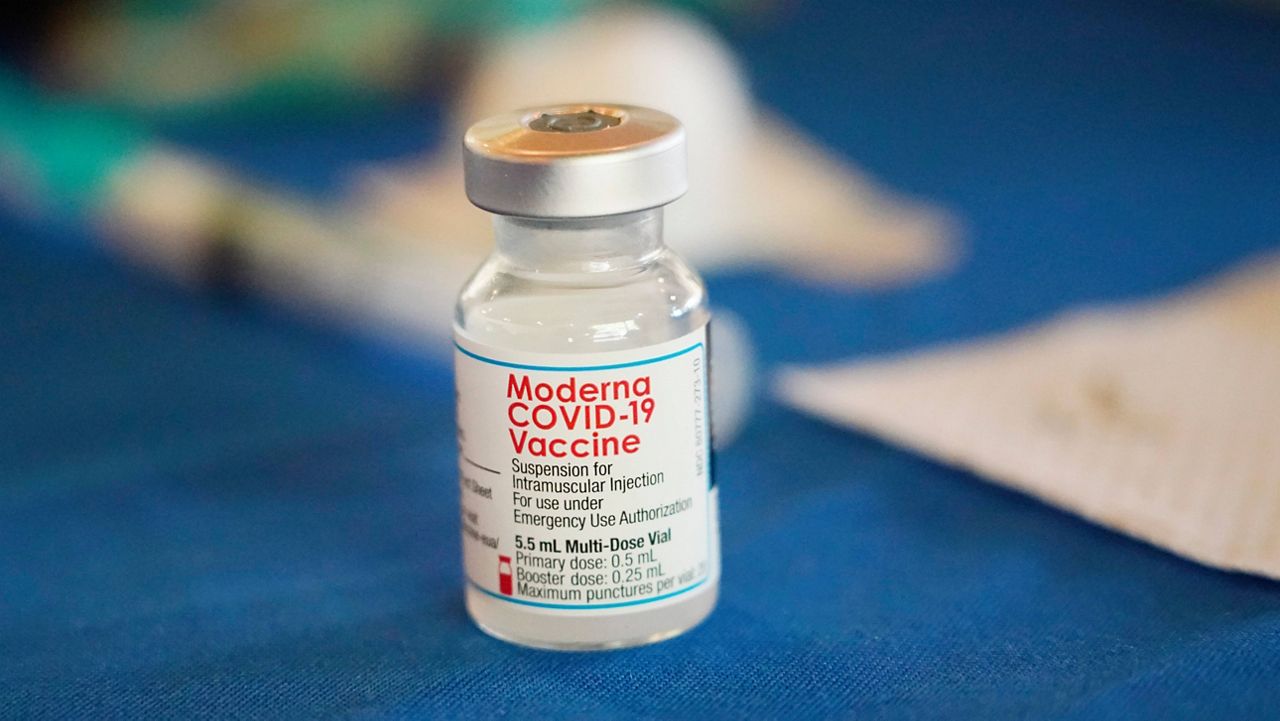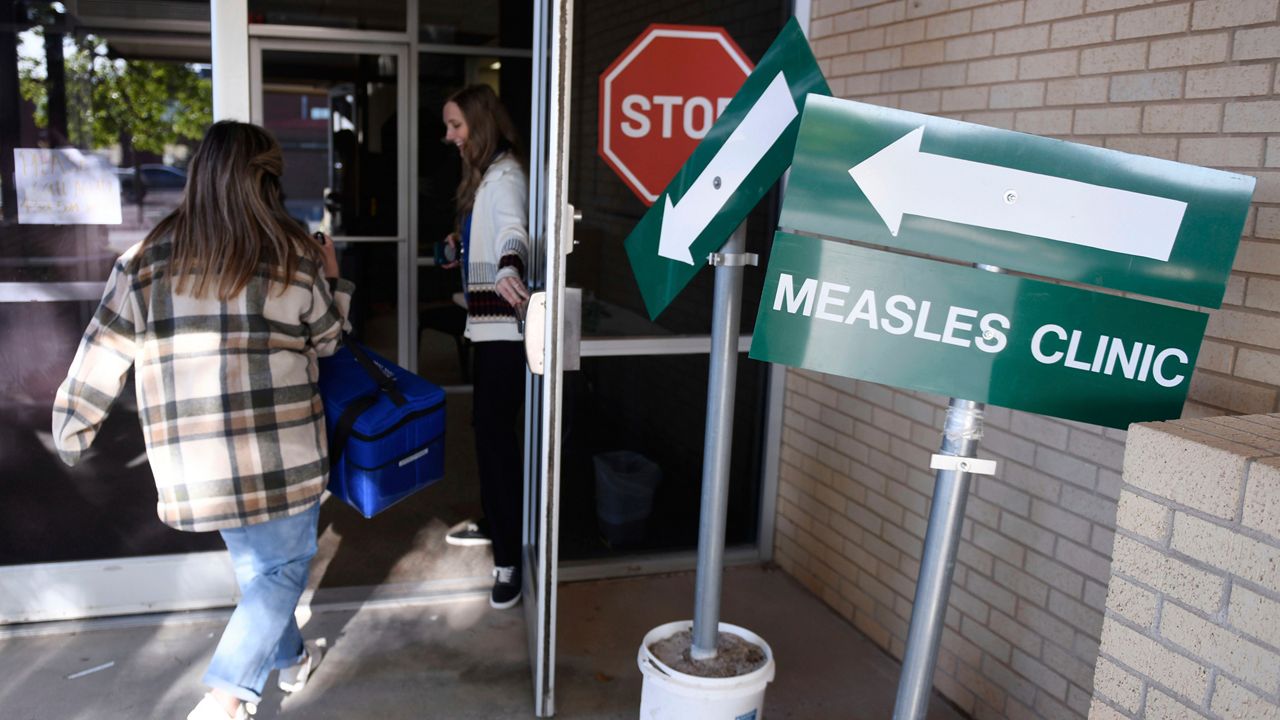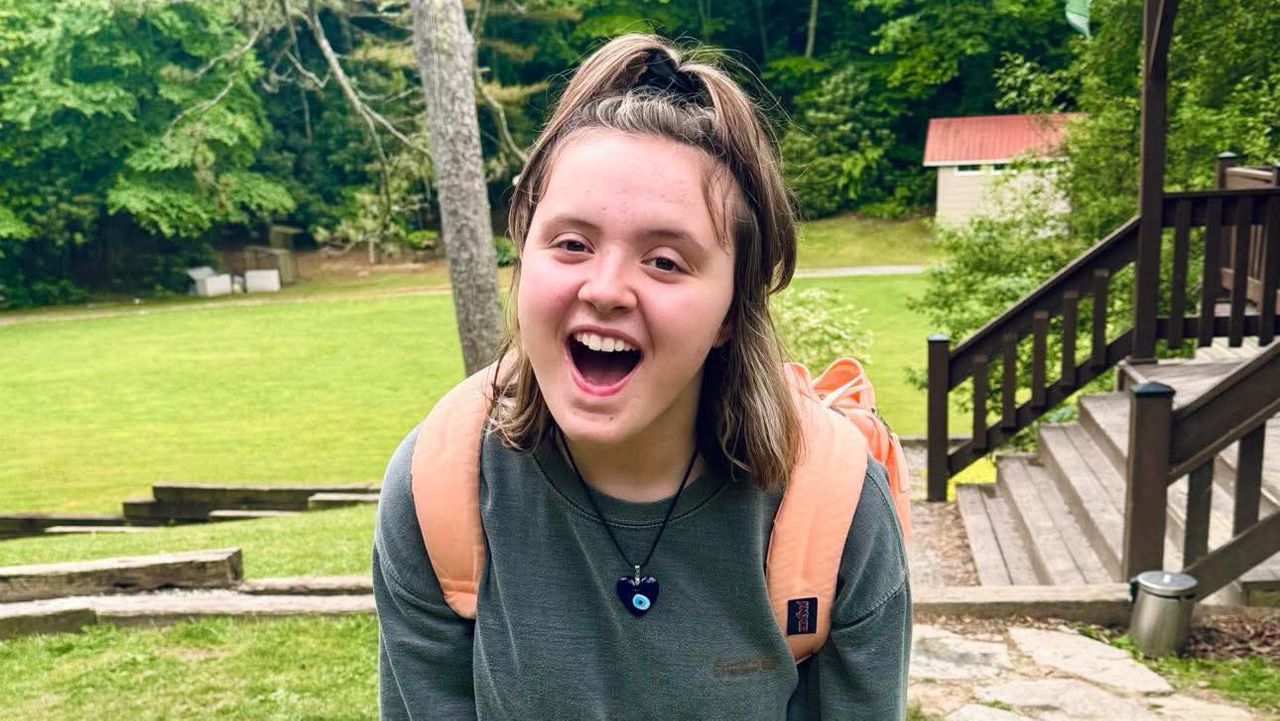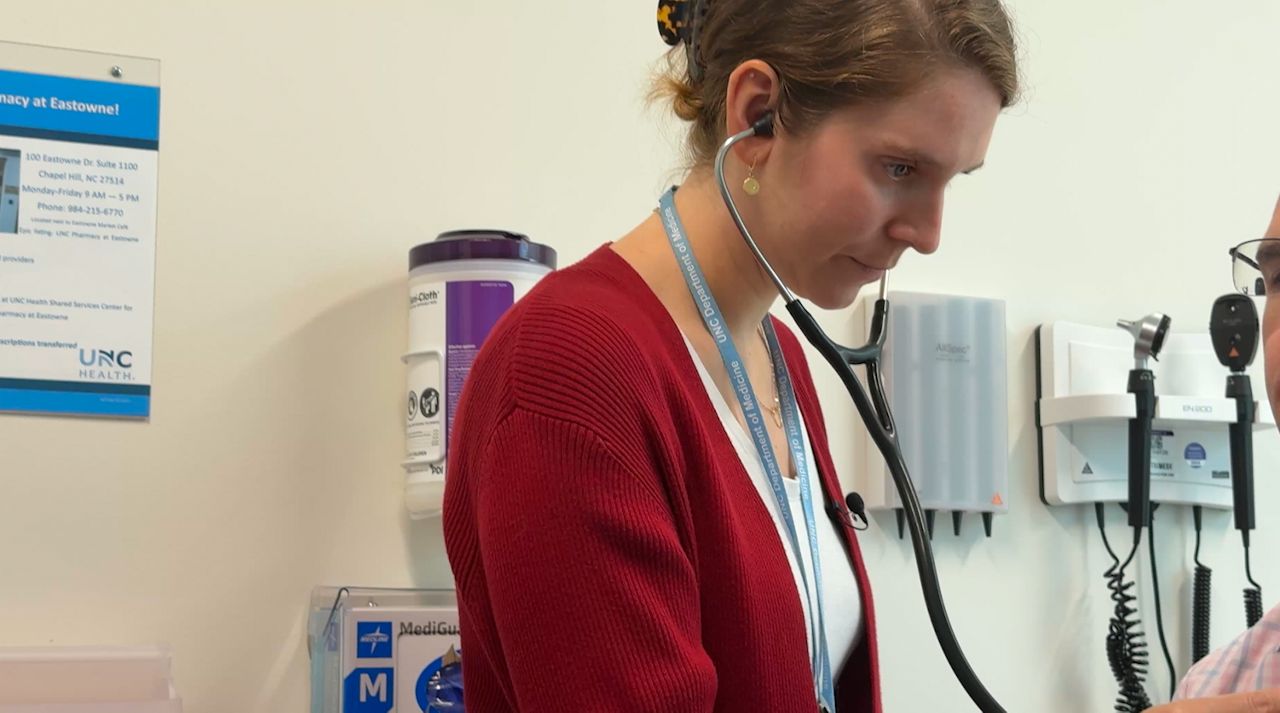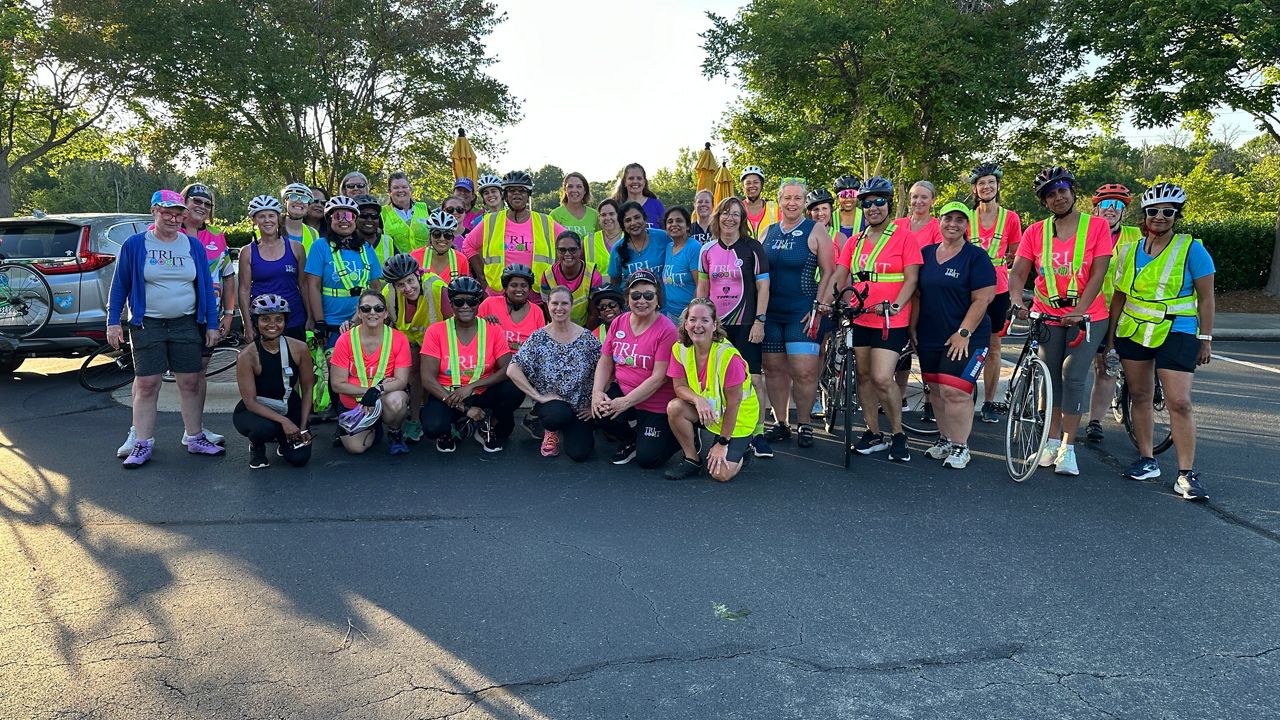Health leaders in the country are discussing the decision-making process for the latest round of recommendations issued for COVID-19 vaccinations.
Before U.S. Department of Health Secretary Robert F. Kennedy Jr. announced the Centers for Disease Control and Prevention would not recommend COVID-19 vaccines for healthy people, former FDA Commissioner Dr. Robert Califf said he does not take issue with the suggestions by current FDA leaders for who should receive those vaccines.
But he said their decision-making process should be clearer after the current commissioner of the FDA and the head of the FDA biologics team published their medical opinions in the New England Journal of Medicine.
“This is really a journal article by the commissioner and the head of the Biologics Center,” Califf said. “They gave their opinion about what should be done, but it's in no way a legally binding document at this point. Generally, I thought that the recommendations were consistent with what I would have expected at this point in time.”
Califf said the other argument to make is if you live with someone who is severely immunocompromised. He questioned whether restricting healthy people from getting the vaccine is worth it, if that person could expose someone vulnerable to airborne viruses.
“You may want to go to every measure to reduce the risk of getting that person infected,” he said.
In the past, the FDA has allowed people who are not most susceptible to receive vaccinations against COVID-19.
“Doctors can prescribe off-label if they say that it's in the interests of a patient to do that. So that was not really covered in the article. There are other issues that will need to be fleshed out,” he said.
Parents are another group to consider. Habits and behaviors of children often put them in close range of illnesses at day care and school.
For Americans who may be skeptical of the COVID-19 vaccines, Califf said this: “I’m 73 years old and I'm getting a boost twice a year."
“I think the evidence greatly supports it, but if you're someone who doesn't believe that the evidence is strong, then volunteer for a clinical trial," he said. "Let's get the answer.”“I think the evidence greatly supports it, but if you're someone who doesn't believe that the evidence is strong, then volunteer for a clinical trial," he said. "Let's get the answer.”
The former FDA commissioner clarified that there is a legal difference between a published perspective and medical guidance delivered by a new leader at one of the nation’s frontline health agencies.
A spokesperson from Health and Human Services replied to questions about the changes in the requirements for COVID-19 eligibility.
“The COVID-19 public health emergency has officially ended, and we are entering a new phase in our response to the virus. A rubber-stamping approach to approving COVID boosters in perpetuity without updated clinical trial data under the Biden Administration is now over,” the spokesperson wrote.
“As outlined in NEJM, the FDA’s new framework for vaccine approvals will prioritize high-risk populations while simultaneously requiring robust, gold-standard clinical data for low-risk individuals. This evidence-based approach ensures that vulnerable groups continue to have access to COVID vaccines," the spokesperson wrote. "The framework published in NEJM provides forward-looking guidance for a risk stratified approach, rooted in the best available science, to inform future vaccine policy."
"With the COVID pandemic behind us, it is time to adopt a common-sense approach to COVID policy, grounded in gold-standard science, that balances the needs of all populations.”
Califf took exception to that.
“If someone said, ‘Did you rubber stamp boosters?’ I would say the answer to that was clearly no,” Califf said. “There was a lot of data to support what was done. It was publicly aired in both advisory committees at the FDA and the CDC. And there's a good record on the internet if you want to look it up.”




